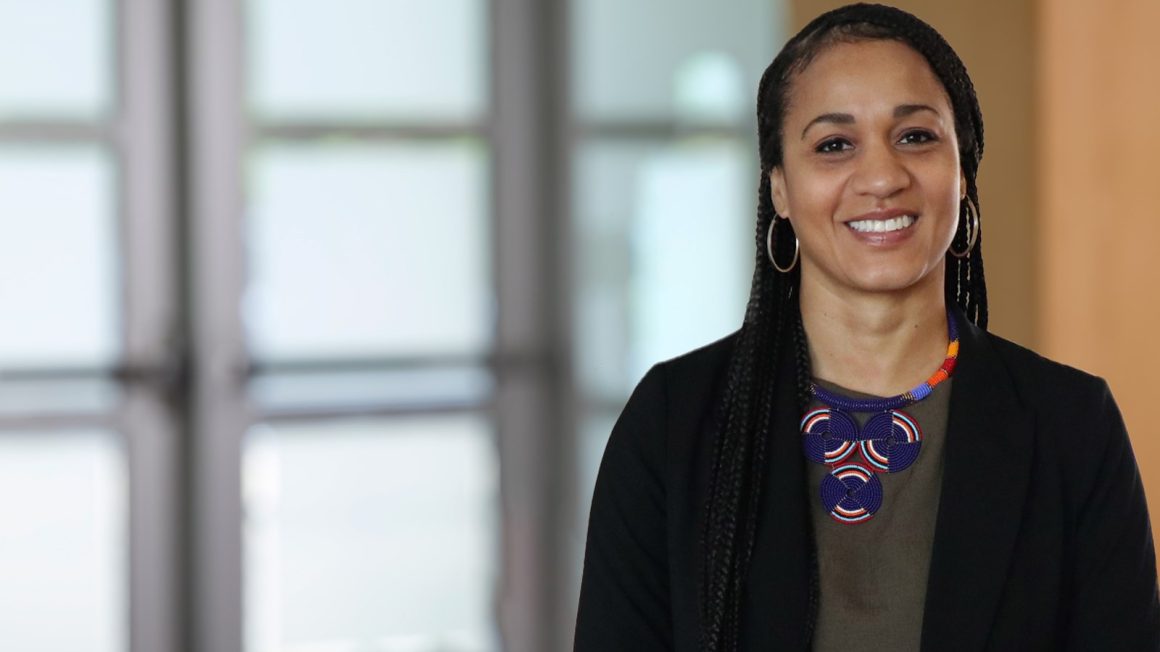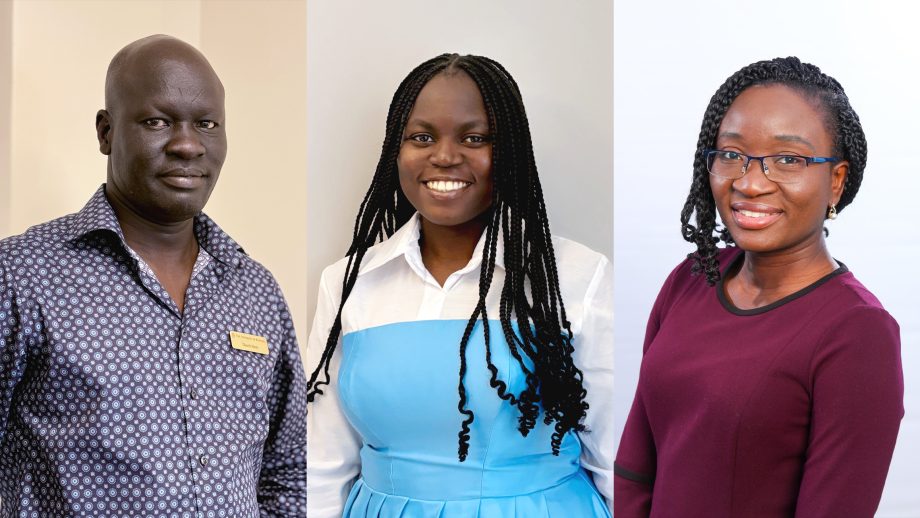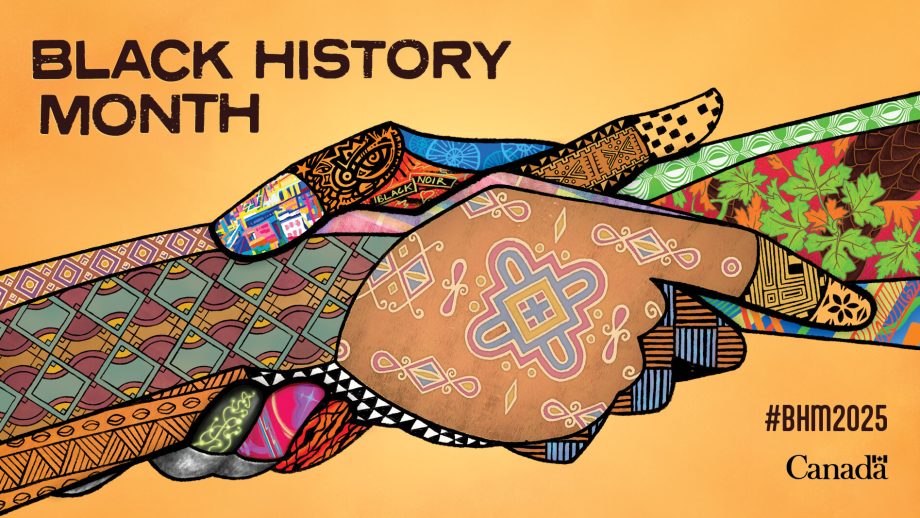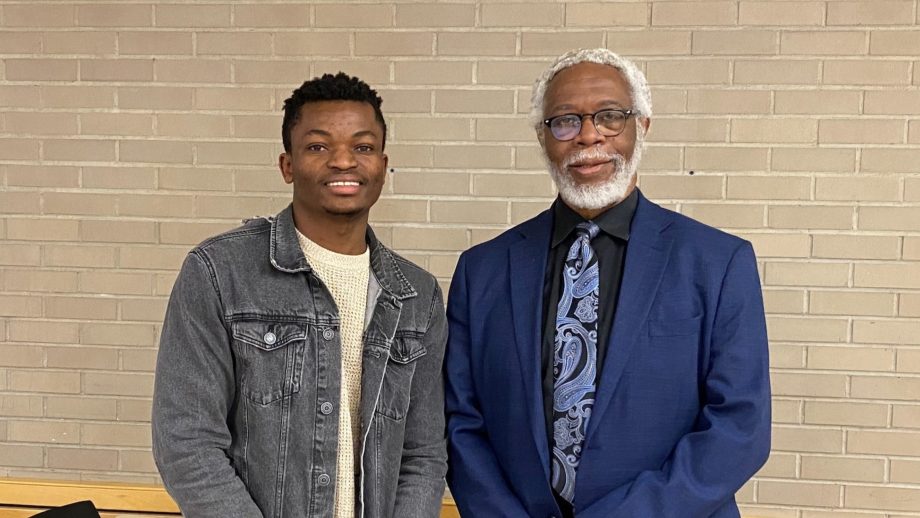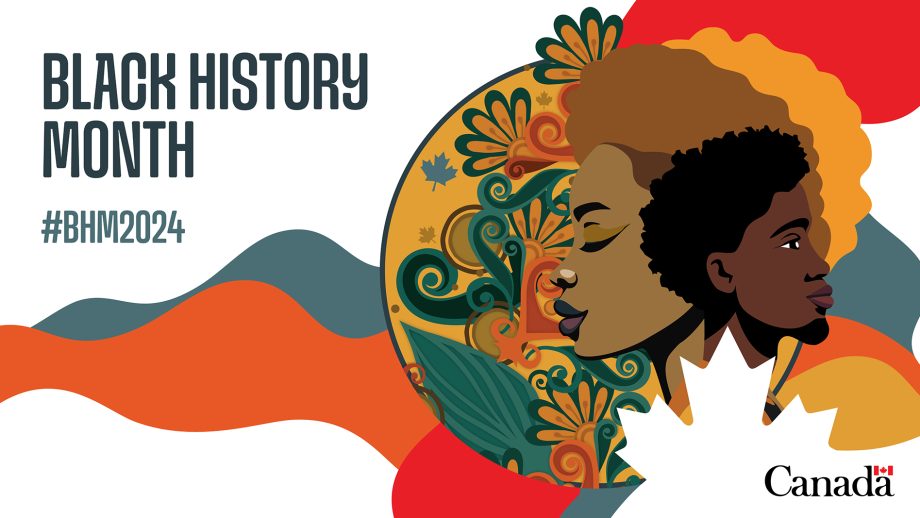For life-long student and veteran educator Michelle Jean-Paul (BA 03, BEd 03, M.Ed 13), becoming a teacher was a calling.
“I come from a family of teachers,” said Michelle. “My dad is a retired teacher and so I always really admired the work that he did.” As a child, she would sit with her father at the dining room table, helping him mark papers.
“From a young age, I had really positive experiences with my teachers. I saw them as people who were always super encouraging of me and really supported me in my interests and pursuits. And so, for me, I saw education as an opportunity to give back to community.”
A first-generation Canadian with a multi-racial background, Michelle grew up with stories of displacement, resistance, and resilience. She remembers as early as Grade 4 or 5, she was already pondering issues and questions around racism, social justice, and equity.
I think my identity as a Black woman greatly informs the way that I view my work as an educator.
Michelle Jean-Paul
“I think my identity as a Black woman greatly informs the way that I view my work as an educator,” said Michelle. “In addition to all of those other pieces of my identity that are rich and complex, it creates space for me to understand the other with a little bit more empathy. I can make that family connection to some of those stories and see myself in them.”
Teaching approach
As a young teacher, Michelle thought a lot about how her approach can meet the needs of a diverse student population. She formed strong relationships with students and her peers which she credits for her ability to rise through the ranks. After teaching middle years, she quickly pivoted to a leadership focus by becoming a vice principal and then principal by age 32.
“It happened a little faster than I had anticipated. But I think for me, that opportunity for a formal leadership role was an opportunity to bring what I believe about equity and social justice in education.”
Today, she is the Assistant Superintendent of Student Services with the Louis Riel School Division. She is essentially responsible for the human resources of the division and works to create a more hospitable system for teachers, students, support workers, and administrators.
“I think there’s a lot of literature that speaks to the fact that DEI doesn’t belong in the HR department. But for me, I think, the human resources department can really help contribute to the culture of a division. We play a big role in where and how we are recruiting people, what the on-boarding process looks like, what the interview process looks like. Dealing with conflict in the workplace and all of those things.”
Incorporating social justice
Michelle said while being laser focused on a career in teaching, it was her experience at UWinnipeg that really helped to lay the groundwork for how to incorporate social justice and her own identity into her teaching philosophy. The UWinnipeg integrated program in the faculty of education places students into the classroom as early as their first year, as well as partners with many inner-city school placements that provide a diverse spectrum of students from a range of different backgrounds.
Michelle also said the Faculty of Education and professors were invested in their students and focused on creating space for their students to explore their own beliefs and thought systems. “I was fortunate to meet some profs along the way that really nurtured my curiosity and really encouraged me to find my voice as an educator and as an academic. A couple of profs saw this social justice, equity lens that I was looking at and provided me with readings or names of folks that I could look into. This fed my need for knowledge in those areas. I think that’s one of the reasons why I continued on to a master’s and now a PhD program.”
I think leaders can really help shape the culture of a place.
Michelle Jean-Paul
Michelle is currently working on her Doctorate of Educational Leadership at the University of Manitoba. “I think leaders can really help shape the culture of a place. A big part of that is not by what they’re doing, but what they’re creating space for. First and foremost, I am a teacher. I like working with people and creating opportunities for people to be their best, to explore new things and to take risks in safe ways.”
This exploration includes education on Black history and the impact it has on her own educational journey. “I think Black History Month is important. I think until we reach a point where we’re equitably representing people on a day-to-day basis, Black History Month can help draw attention to the fact that, through most of the year, folk who belong in the Black community don’t necessarily see themselves represented or their history and cultures represented.”
Michelle said if she truly believes the social justice and equity lens is good for the kids and good for the community, then the wider she can sow those seeds of education, the better.
“I have no regrets about where I ended up and I think I’m in the right place. But I think one of the reasons why I’ve continued to pursue learning is because I still have so many wonders and questions.”

